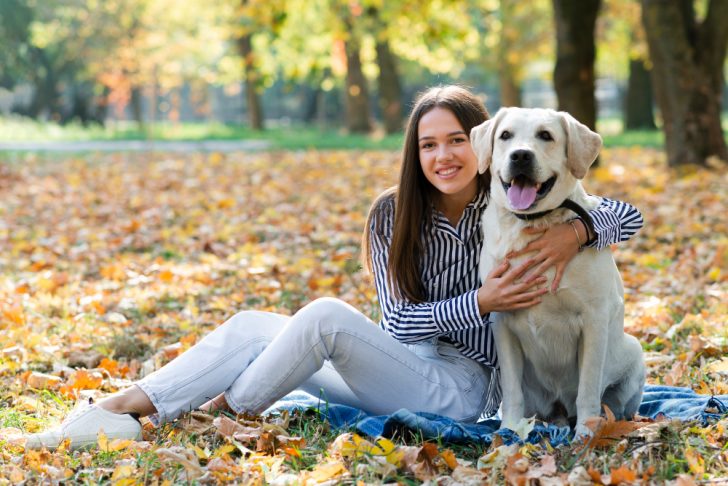Over half of European homes and two-thirds of American households have at least one dog. As more people delay or skip having children, many are turning to dogs to fill that emotional space. A recent study from Eötvös Loránd University in Hungary looks into why.
The researchers looked at trends, cultural shifts, and emotional behavior. Their findings show dogs are not replacing children, but they do meet deep human needs, especially the need to care for something vulnerable. This is a different form of conventional parenting.
Dogs almost always rely on us. They need food, shelter, care, and attention. That dependency sparks something in our brains. According to the study, dogs’ big eyes, small noses, and floppy ears mimic baby-like features. This activates the same caregiving response we would have toward a child.
They also show emotions, seek closeness, and respond to our moods. They cuddle when we are sad. They wag their tails when we smile. That back-and-forth creates a strong emotional bond. It feels like love.
Raising Dogs Feels Doable Compared to Kids

Freepik / The study makes it clear that most dog owners understand that dogs are NOT human. They love them like family, but they don’t expect them to behave like kids.
Parenting a child is a huge, lifelong commitment. You are in it for decades. Dogs? They usually live 10 to 15 years. That shorter timeline makes the emotional investment feel more manageable.
And then there is the cost. Kids come with endless bills, school, healthcare, and college. Dogs aren’t cheap either, but they are simpler. No parent-teacher meetings, no tuition. Just food, vet visits, and plenty of love. For many, it feels like a fair trade.
Then there are pet owners who cross a line. They dress their dogs in outfits, push them in strollers, and talk to them like toddlers. That is not always harmless. Overbreeding for cute, baby-like traits, like squashed noses in pugs or French bulldogs, can cause health issues. These dogs struggle to breathe, and some can’t even walk properly. It is love, but the wrong kind.
It’s important to remember that dogs aren’t toys. When people treat them like human babies, they can actually harm their behavior. Overprotective owners may stop dogs from playing outside, exploring, or socializing. That can lead to anxiety, aggression, or depression in the animal. Experts warn that caring for dogs means respecting their needs as dogs, not as stand-in children. They need space to run, sniff, and be with other dogs.
Emotional bonding is great, but it should never come at the cost of their well-being. The big takeaway here is that dogs are reshaping what “family” means in the 21st century. Young couples often adopt a dog before deciding on kids. Older adults turn to dogs for companionship after their children move out, or if they never had any to begin with.
In places where loneliness is rising and traditional family structures are fading, dogs are filling the gap. They bring routine, affection, and a reason to get up in the morning. For many, that is not just helpful but also life-saving.